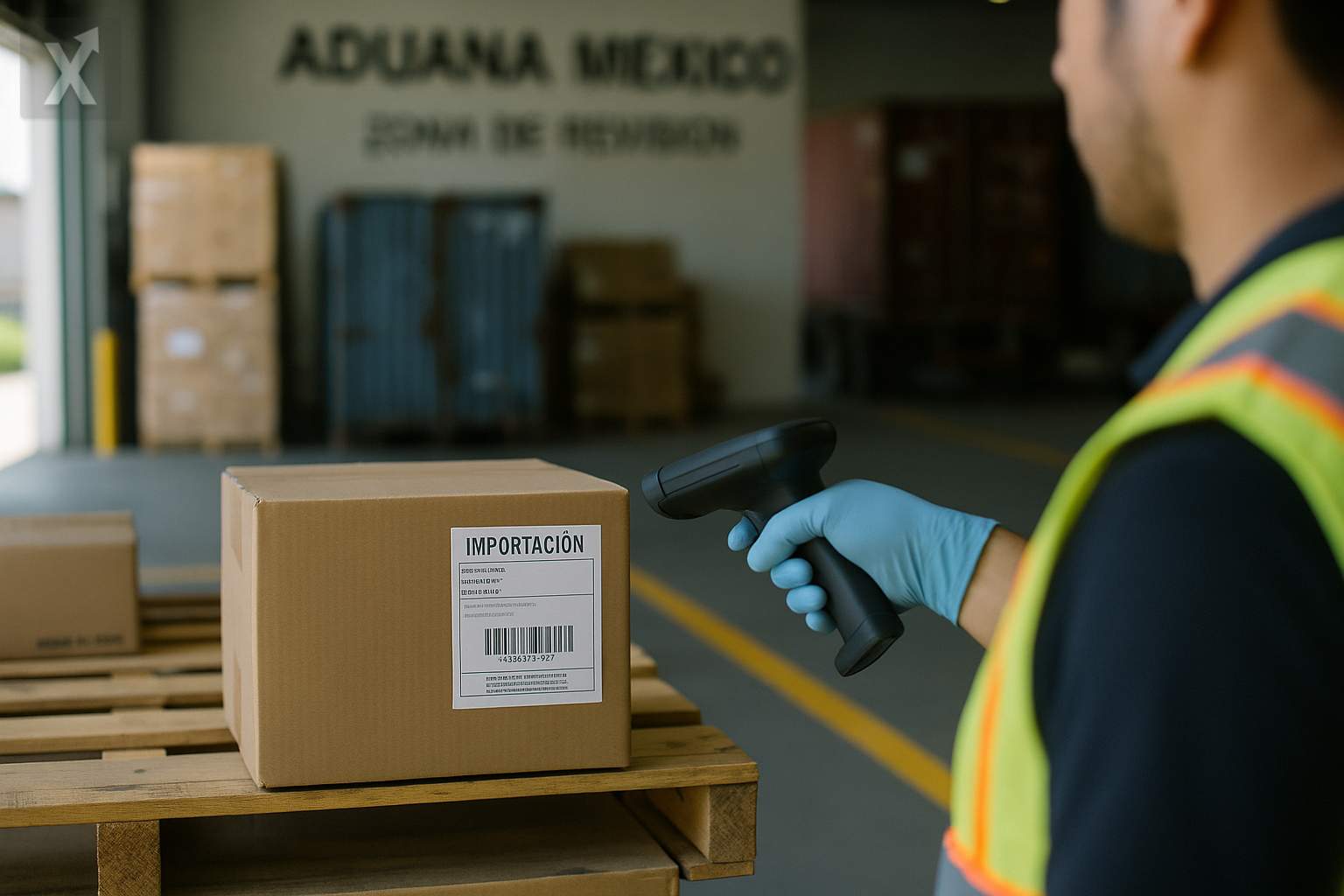Mexico Steps Up Anti-Dumping Investigations on Chinese Imports; Beijing Calls for WTO Rules to Be Respected

The Chinese government is closely monitoring the progress of the anti-dumping investigations that Mexico has recently opened against several Chinese-made products, urging that the process strictly adhere to World Trade Organization (WTO) regulations. According to a statement from China’s Ministry of Commerce, Mexico’s Secretariat of Economy (SE) has launched proceedings—at the request of the domestic industry—against goods such as float glass and PVC-coated fabric, among others. Beijing warned that it opposes “protectionist” measures which, in its view, would affect the legitimate interests of its companies. It also noted that so far this year, Mexico has initiated 11 anti-dumping probes involving Chinese products—almost double the number from the previous year.
This statement comes at a time when Asian imports are under greater scrutiny. In early September, Mexico announced tariff hikes of up to 50% on car imports from China and other Asian countries as part of a wider review of tariffs that aims to protect local jobs. Analysts have interpreted the move as a sign Mexico is also responding to U.S. concerns about the expansion of Chinese exports in sensitive sectors, particularly in the automotive industry.
China, for its part, announced the start of an investigation into trade and investment barriers related to higher tariffs proposed by Mexico and other restrictions imposed on Chinese goods. Additionally, China opened an anti-dumping probe into pecan imports from the United States and Mexico—a reminder that trade tensions can result in countermeasures affecting both agricultural and manufacturing industries.
In Mexico, anti-dumping investigations follow procedures established under the Foreign Trade Law and WTO commitments: first, authorities determine whether dumping (selling below normal value) exists and whether it harms domestic producers; next, provisional countervailing duties may be imposed, and if harm is confirmed, final measures can be enacted. Authorities generally apply the “lesser duty” principle, meaning they set the duty only at the level necessary to counteract the damage. In theory, this limits unintended side effects for consumers and industrial users.
The backdrop for all this is a Mexican economy that—despite the global slowdown—has benefited from nearshoring and its integration under the USMCA. Shifts in supply chains offer new opportunities but also expose local sectors to stiffer competition from Asian goods in key inputs such as glass, technical textiles, chemicals, and automotive parts. For Mexican businesses, countervailing duties can provide short-term relief; for value chains, however, they may require reconfiguring supply lines or facing higher costs.
One ongoing risk is inflationary pressure if the targeted products are widely used intermediate inputs. While the relative strength of the peso and increased domestic competition have helped keep prices in check in recent years, imposing tariffs or duties on strategic goods could eventually push up production costs and consumer prices. Balancing the need to protect domestic production without making key inputs excessively expensive will be at the core of the Secretariat of Economy’s decision-making process.
On a geopolitical level, Mexico is navigating between its deep integration with the U.S. and the growing role of China as a global supplier. An escalation of trade measures and countermeasures could increase uncertainty for Mexican investors and exporters, particularly if disputes arise at the WTO or if new restrictions target agricultural products. Meanwhile, regulatory clarity and predictability in anti-dumping proceedings are crucial for companies as they plan investments in capacity and technology.
Looking ahead, Mexico’s challenge will be to strike a balance on three fronts: protecting industries harmed by unfair practices, safeguarding the competitiveness of sectors reliant on imported inputs, and maintaining the trust of trade partners. The technical soundness of each investigation, transparency in the process, and coordination with industrial and competition policies will all be key to minimizing costs and taking advantage of the supply chain realignment underway in North America.
In short, the rise in investigations reflects tighter oversight of imported goods in Mexico amid a more tense global environment. If these measures are underpinned by solid evidence and proportionality, they can provide certainty to industry without eroding competitiveness; if they’re seen as blanket barriers, the risk is higher input costs and retaliatory responses from abroad.





